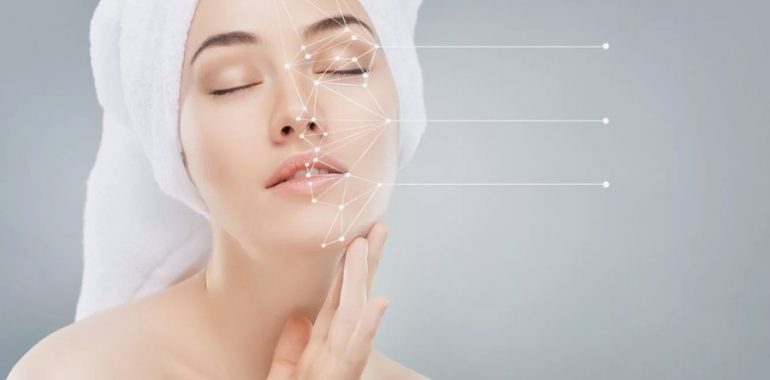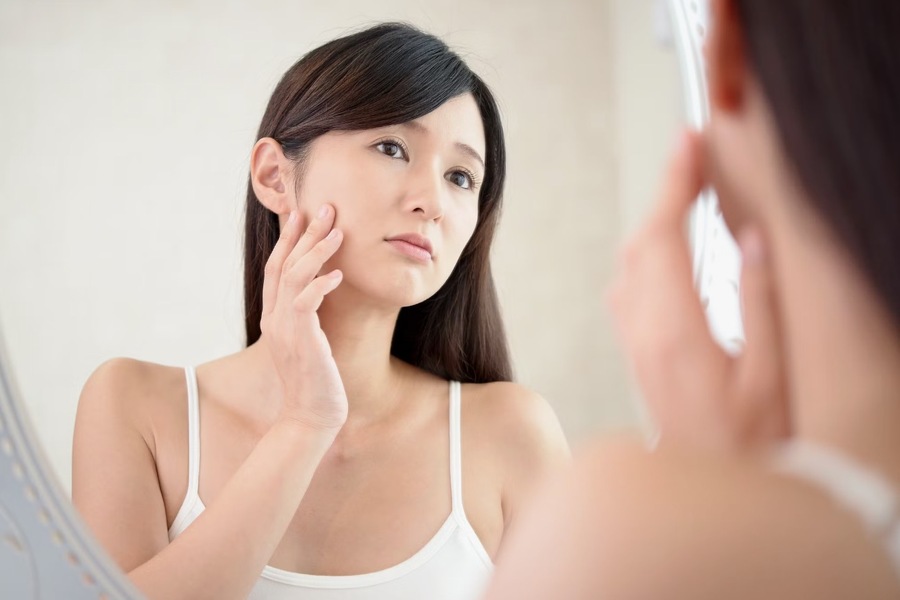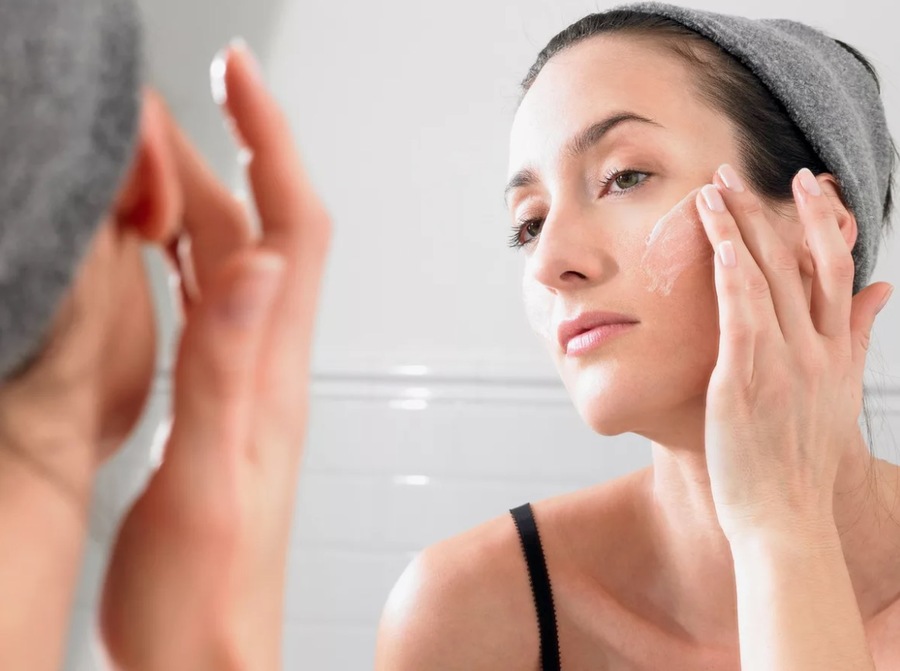The Latest Advances in Acne Treatment: What You Need to Know

Acne is a prevalent skin condition affecting millions worldwide, causing physical discomfort and emotional distress. With advancements in dermatology, new and effective treatments have emerged. This blog delves into the latest acne treatments by skin specialists at ProDerma Clinic, providing detailed insights, statistical data, and pricing to help you make informed decisions.
Page Content
Understanding Acne: Causes and Types
Causes of Acne: Acne occurs when hair follicles become clogged with oil and dead skin cells. Factors contributing to acne include-
- Hormonal Changes: Increased androgen levels during puberty, menstruation, pregnancy, or certain medications can lead to higher oil production, clogging pores, and causing acne.
- Bacteria: The Propionibacterium acnes (P. acnes) bacteria thrive in clogged follicles, leading to inflammation and infection.
- Genetics: A family history of acne can increase your likelihood of developing it, suggesting a genetic predisposition.
- Diet: Diets high in refined sugars, dairy products, and certain carbohydrates can exacerbate acne. Studies suggest that these foods may trigger hormonal fluctuations that increase oil production.
- Stress: Stress can trigger hormonal changes that may worsen acne. The body’s response to stress includes releasing cortisol, which can increase oil production in the skin.
Types of Acne:
- Whiteheads and Blackheads (Comedonal Acne): Non-inflammatory acne where hair follicles are clogged with oil and dead skin cells. Whiteheads are closed comedones, and blackheads are open comedones with a dark surface.
- Papules and Pustules (Inflammatory Acne): Red, inflamed bumps. Papules do not contain pus, while bumps are filled with pus, appearing as white or yellow spots.
- Nodules and Cysts (Severe Acne): Larger, painful, deep-seated bumps. Nodules are solid, while cysts contain pus. Both can lead to scarring if not treated properly.

Latest Advances in Acne Treatment
Topical Retinoids:
Topical retinoids, derived from Vitamin A, are among the most effective acne treatments. They promote cell turnover and prevent hair follicle clogging, thus reducing acne formation and promoting clearer skin.
- Common Retinoids: Tretinoin, Adapalene, and Tazarotene are widely prescribed.
- Effectiveness: Clinical studies show that topical retinoids can reduce acne lesions by 40-70% within three months of consistent use.
- Price: AED 150-300 per tube, depending on the brand and formulation.
Oral Antibiotics:
Oral antibiotics help reduce acne by decreasing the P. acnes bacteria and reducing inflammation. They are usually prescribed for moderate to severe acne and can be used in combination with other treatments.
- Common Antibiotics: Doxycycline, Minocycline, and Erythromycin are frequently used.
- Effectiveness: Studies indicate that oral antibiotics can reduce acne by up to 50% within three months.
- Price: AED 100-200 per course, varying based on the specific antibiotic and duration of treatment
Hormonal Treatments:
Hormonal treatments, such as oral contraceptives and anti-androgens like spironolactone, are particularly effective for women with acne linked to hormonal fluctuations. They work by regulating hormone levels that can contribute to acne.
- Effectiveness: These treatments significantly improve 60-80% of cases, especially those with hormonally-driven acne.
- Price: AED 100-300 monthly, depending on the medication and dosage.
Isotretinoin:
Isotretinoin (formerly Accutane) is a powerful oral retinoid reserved for severe, treatment-resistant acne. It reduces oil production, prevents clogged pores, and reduces inflammation.
- Effectiveness: Clinical studies report that isotretinoin can clear acne in 85% of patients within 4-6 months, with long-lasting results.
- Price: AED 1,000-3,000 per course, depending on the dosage and duration of treatment.
Light and Laser Therapy
Advanced light and laser therapies target acne-causing bacteria and reduce inflammation. These non-invasive treatments are becoming increasingly popular for their effectiveness and minimal downtime.
- Types: Blue light therapy (kills bacteria), pulsed-dye laser (reduces redness and inflammation), and fractional laser (promotes collagen production and skin repair).
- Effectiveness: Studies show a 50-70% reduction in acne lesions after several sessions.
- Price: AED 500-1,500 per session, depending on the type of therapy and the clinic.
Chemical Peels:
Chemical peels involve applying a chemical solution to the skin, which exfoliates the top layers and promotes new skin growth. They can improve acne, scarring, and overall skin texture.
- Common Peels: Salicylic acid, glycolic acid, and lactic acid peels are commonly used for acne treatment.
- Effectiveness: Can reduce acne and improve skin texture and tone, with noticeable results after a few sessions.
- Price: AED 300-800 per session, depending on the type and strength of the peel.
Microneedling:
Microneedling with radiofrequency (RF) can treat acne scars and active acne by creating controlled micro-injuries that stimulate collagen production and reduce inflammation.
- Effectiveness: Shows significant skin texture improvement and acne scars reduction after several sessions.
- Price: AED 1,000-3,000 per session, depending on the clinic and the specific device.
Probiotics:
Emerging research suggests that probiotics can help balance the skin’s microbiome and reduce acne. Both topical and oral probiotics are being explored for their potential benefits.
- Types: Topical probiotics (creams and serums) and oral supplements (capsules and tablets).
- Effectiveness: Initial studies show promising results, with improved skin health and reduced acne lesions.
- Price: AED 100-400 for supplements, depending on the brand and formulation.
How to Choose the Right Acne Treatment
Consultation: Consult a dermatologist to determine the most suitable treatment based on your skin type, acne severity, and medical history. The professional assessment ensures personalized care and reduces the risk of adverse reactions.
Combination Therapy: Often, a combination of treatments is the most effective approach. For instance, combining topical retinoids with antibiotics or hormonal treatments can enhance efficacy and provide faster results.
Lifestyle Changes: Incorporating lifestyle changes such as a balanced diet, regular exercise, adequate hydration, and stress management can support treatment outcomes. Avoiding triggers such as high-glycemic foods and dairy products can also be beneficial.
Consistency: Consistency is key. Follow your dermatologist’s recommendations and give treatments enough time to show results, typically 8-12 weeks for most therapies. Adherence to the prescribed regimen is crucial for success.
Emerging Trends in Acne Treatment
- Personalized Medicine: Genetic research and biotechnology advances pave the way for personalized acne treatments. Dermatologists can tailor treatments to each patient’s unique needs by analyzing individual genetic profiles and skin microbiomes, enhancing efficacy and reducing side effects.
- Natural and Organic Products: With increasing awareness of the potential side effects of synthetic chemicals, there’s a growing demand for natural and organic acne treatments. Ingredients like tea tree oil, aloe vera, and green tea extract are popular for their anti-inflammatory and antibacterial properties.
- At-Home Devices: Innovative at-home devices such as LED masks and microcurrent tools are gaining popularity. These devices allow patients to conveniently continue their acne treatment regimen at home, making advanced treatments more accessible.
- Research on Gut-Skin Axis: The connection between gut health and skin conditions like acne is an active research area. Probiotics and dietary interventions that promote a healthy gut microbiome are being explored as potential acne treatments. This emerging field highlights the importance of a holistic approach to skin health.

Benefits of Early and Effective Acne Treatment
Preventing Scarring: Early and effective treatment of acne can prevent the formation of scars, which can be challenging to treat later. Acne scars, both atrophic (depressed) and hypertrophic (raised), can significantly impact skin texture and appearance.
Improving Self-Esteem: Acne can significantly impact self-esteem and mental health. Effective treatment can improve skin appearance, boosting confidence and overall well-being. Clear skin can lead to a more positive self-image and social interactions.
Reducing Inflammation: Chronic inflammation from untreated acne can lead to hyperpigmentation and long-term skin damage. Addressing acne promptly reduces inflammation and promotes healthier skin, preventing post-inflammatory hyperpigmentation and other complications.
The Role of Diet and Lifestyle in Acne Management
Dietary Factors: Certain foods can trigger or exacerbate acne in some individuals. High-glycemic foods, dairy products, and excessive sugar intake are commonly linked to acne flare-ups. A balanced diet of fruits, vegetables, lean proteins, and whole grains can support overall skin health.
Hydration: Staying well-hydrated helps maintain skin elasticity and supports the body’s natural detoxification processes. Aim to drink at least eight glasses of water daily to keep your skin hydrated and supple.
Stress Management: Stress triggers hormonal changes that can worsen acne. Incorporating stress-relief practices such as yoga, meditation, and regular physical activity can positively impact skin health by reducing stress-induced flare-ups.
Sleep: Adequate sleep is essential for overall health, including skin health. Aim for 7-9 hours of sleep each night to support the skin’s natural repair processes. Good sleep hygiene can help regulate hormones and reduce stress. The acne treatment cost varies depending on the method and number of sessions required. Below is a price breakdown for common acne treatments:
- Topical Retinoids: AED 150-300 per tube
- Oral Antibiotics: AED 100-200 per course
- Hormonal Treatments: AED 100-300 per month
- Isotretinoin: AED 1,000-3,000 per course
- Light and Laser Therapy: AED 500-1,500 per session
- Chemical Peels: AED 300-800 per session
- Microneedling: AED 1,000-3,000 per session
- Probiotics: AED 100-400 for supplements
Conclusion
The latest advances in acne treatment offer various options for effectively managing and reducing acne. There’s a solution for everyone, from topical retinoids and oral antibiotics to innovative light therapies and personalized medicine. Consult a dermatologist to determine the best treatment plan for your skin type and condition. Additionally, incorporating healthy lifestyle practices can support your treatment outcomes and promote long-term skin health.